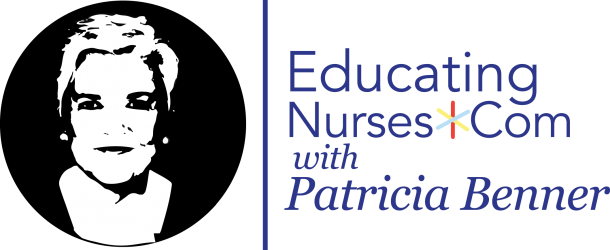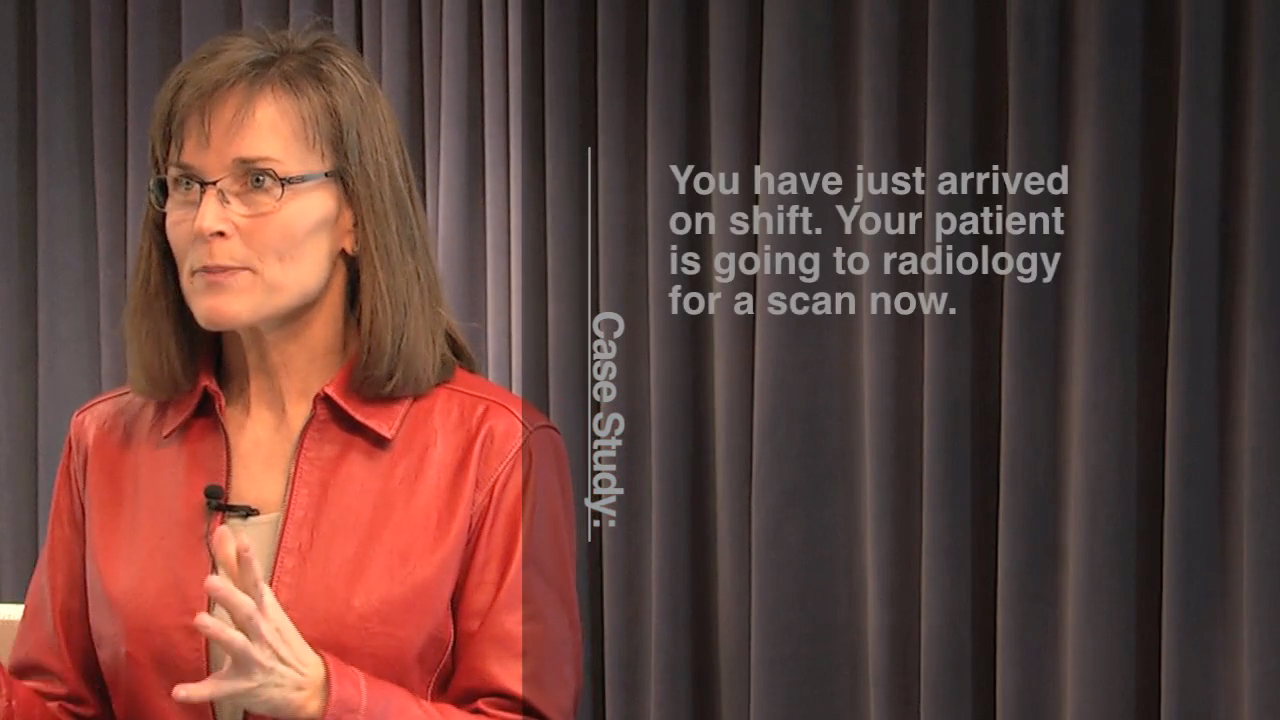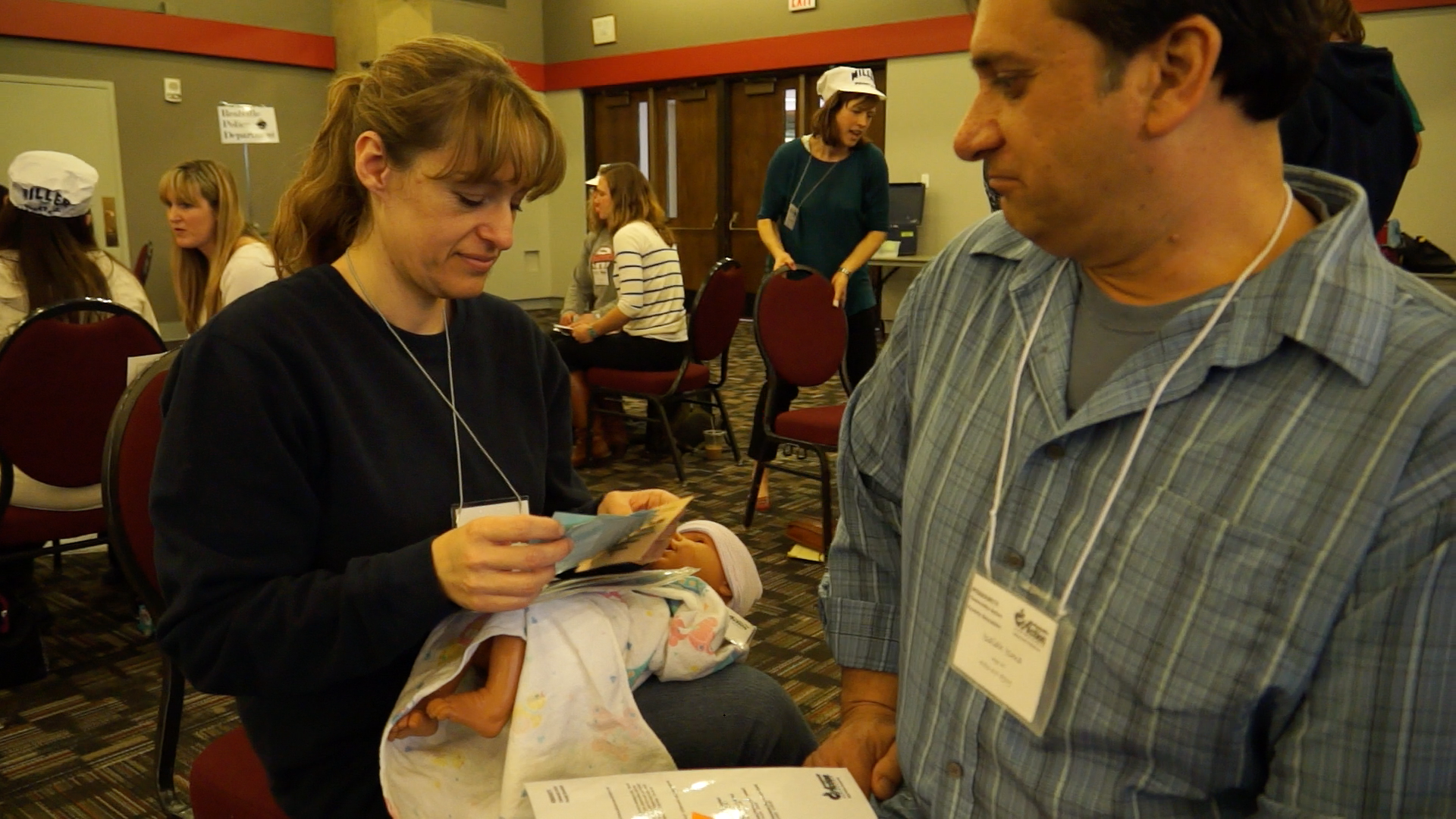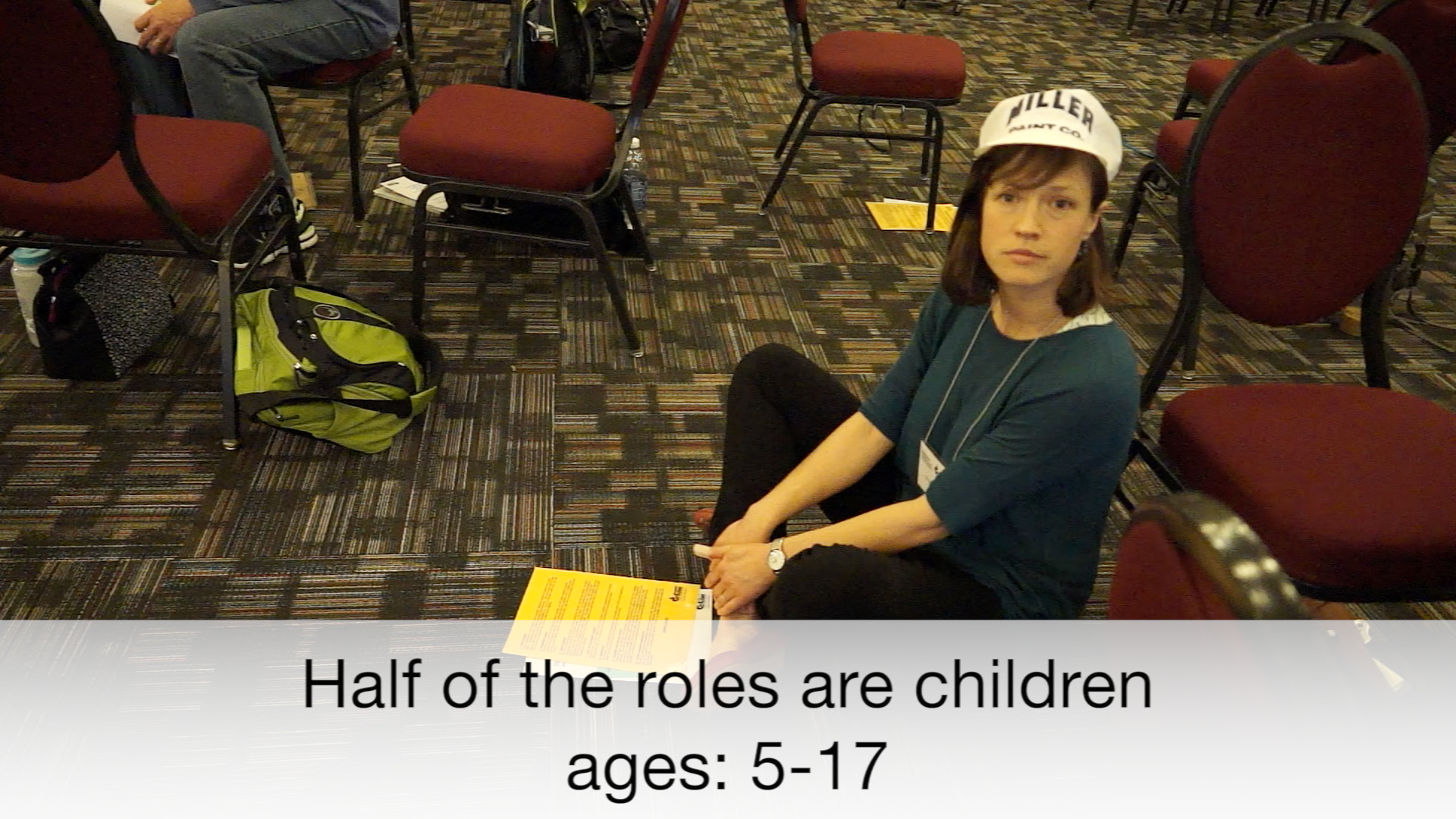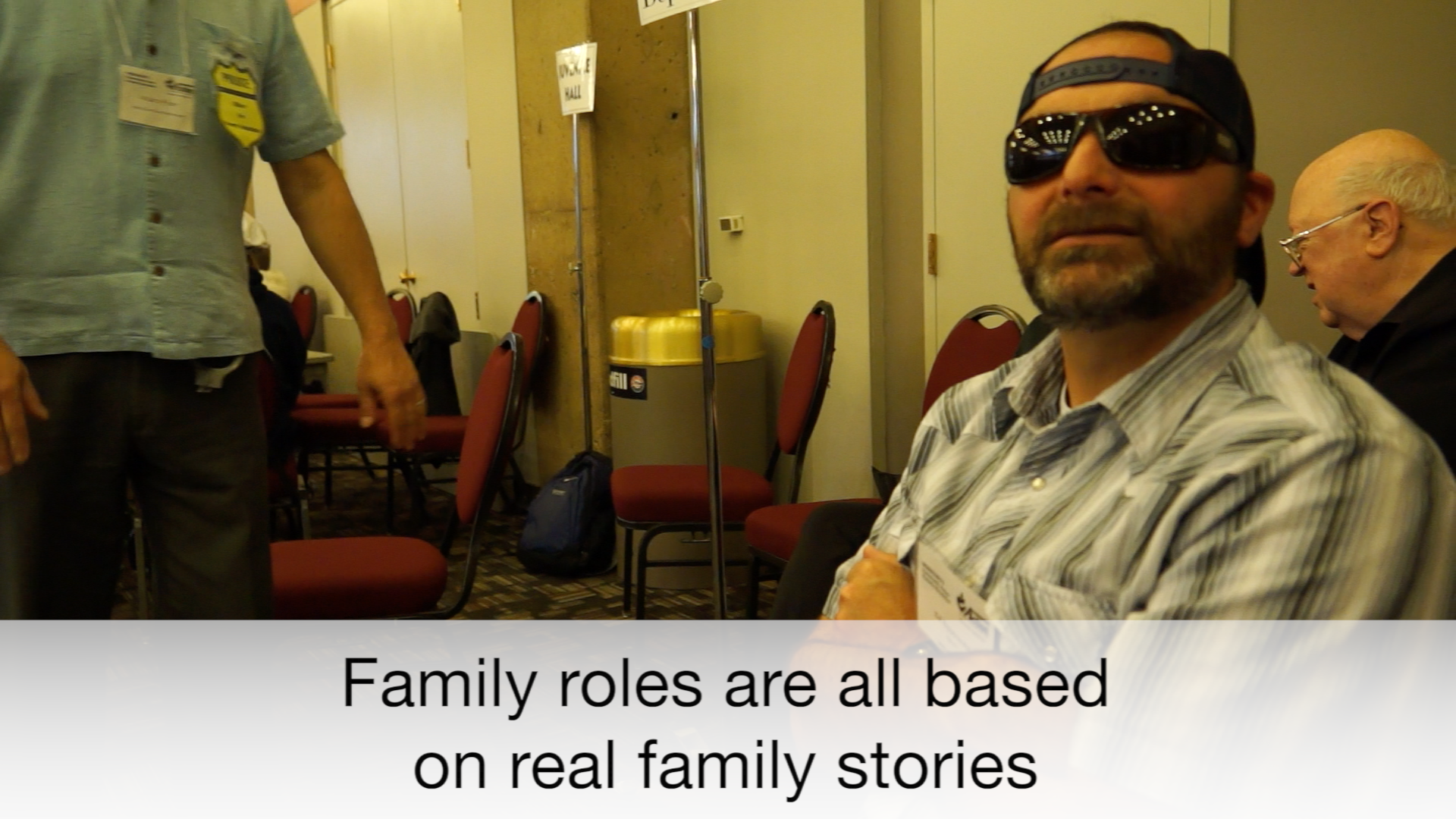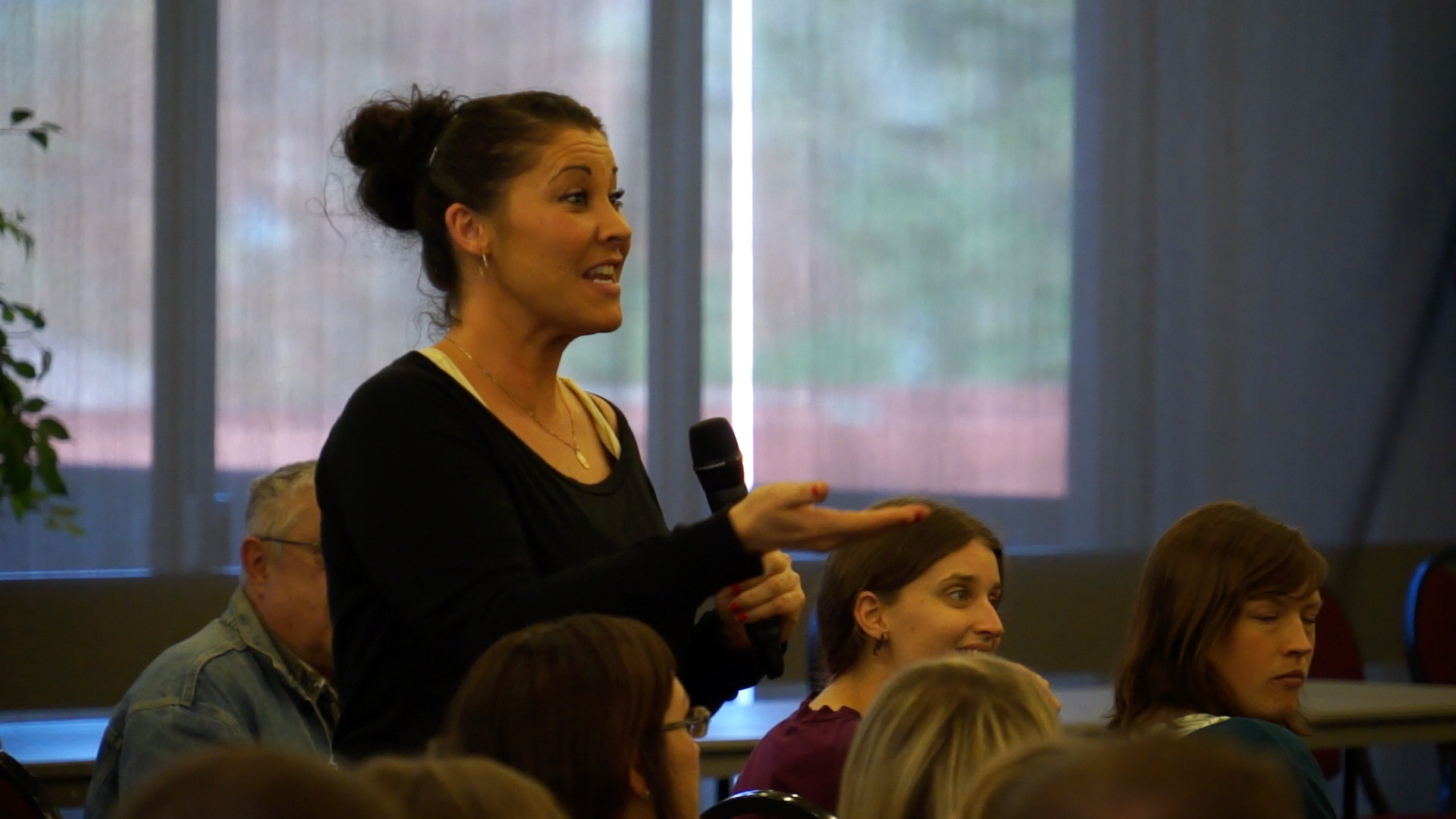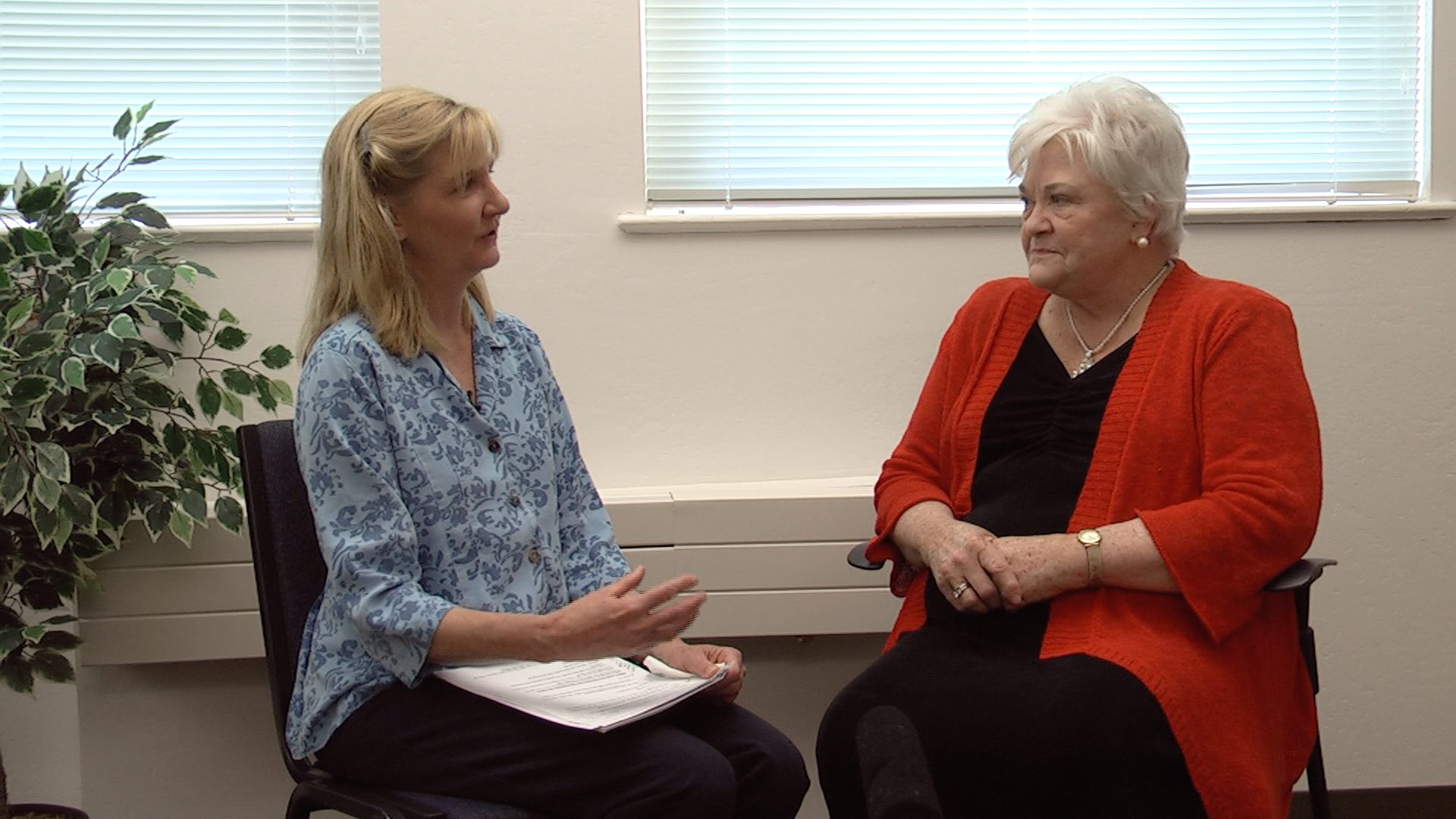Learning From First Person Experience Near Narratives
Patricia Benner, R.N., Ph.D. FAAN Copyright 2016 During the past 30 years, more ethicists have paid attention to the role of narratives in presenting exemplary practice. More attention in learning and understanding moral life and ethical comportment is being paid to exemplary people and events that reveal and demonstrate excellent ethical comportment. Narratives can reveal …
Continue reading “Learning From First Person Experience Near Narratives”
